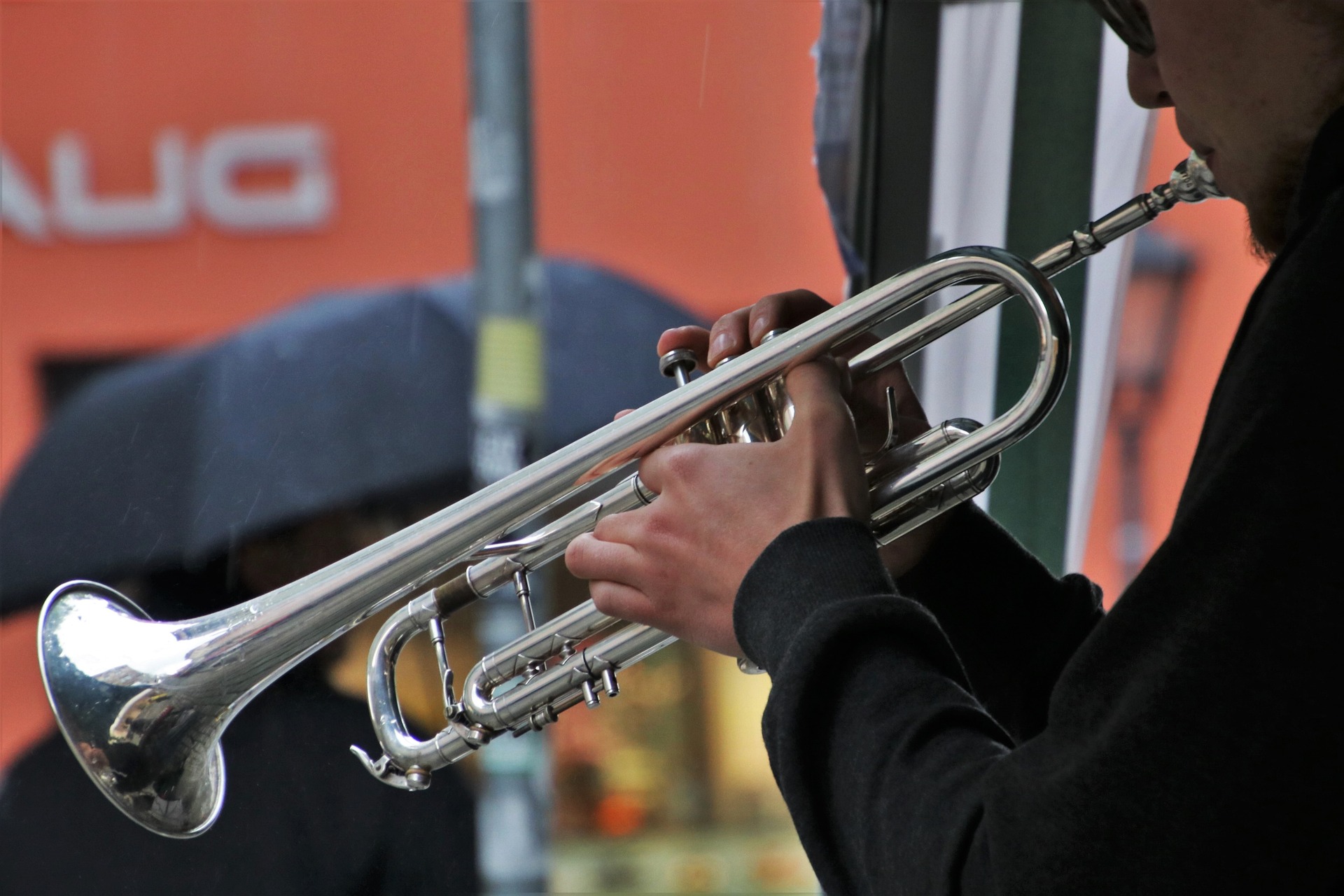- Home
- About The Firm
- Practice Areas
- Areas Served
- Resources
- Blog
- Contact Us


The 2020 copyright infringement lawsuit that jazz composer Maria Schneider filed against YouTube highlights the crucial role that well-crafted entertainment contracts play when accusations continue to fly, and parties ask for summary judgment. California U.S. District Court Judge James Donato dismissed all of Ms. Schneider’s claims associated with 27 musical compositions, direct infringement claims against 15 works, and 121 other alleged infringements. Other infringement claims stand, allowing Schneider’s case to continue.
Schneider accused YouTube of allowing its users to continue as repeat infringers, restricting small-time copyright holders’ access to anti-piracy tools, and creating its Content ID system to benefit only large rights holders. The Content ID system automatically identifies infringing videos using visual and audio fingerprints. Schneider claims that no more than five percent of musicians who apply for Content ID are approved – and those that are approved represent the most powerful record labels and studios.
Schneider also accused YouTube of encouraging infringement by removing copyright management information (CMI) from her copyright works, which violates the Digital Millennium Copyright Act (DMCA) of 1998. The DMCA extends copyright law to the internet but limits liability for passive online service providers whose users are the copyright infringers.
Section 1202(b) of the DMCA forbids anyone without permission from the copyright holder from removing or altering CMI, and from knowingly distributing or publicly performing works from which the CMI has been removed or altered.
YouTube alleges that Schneider has not produced evidence that YouTube removed or altered CMI in her copyright works or acted intentionally or with knowledge, as the DMCA requires. Judge Donato rejected YouTube’s allegations.
“This argument sinks on a reef of disputed facts,” Judge Donato ruled. He determined Schneider did not need to establish that YouTube removed or altered CMI to raise a claim under DMCA Section 1202(b) and that under Section 1202(b)(3), she could prevail by showing YouTube distributed her works knowing CMI had been removed, even if YouTube is not the party that removed it.
YouTube’s primary defense to Schneider’s copyright infringement claims is that Modern Works Music Publishing (MWP) granted it a “blanket catalog license” covering all of Schneider’s musical works. The case could turn on the specific wording in the license agreement.
In 2008, Schneider executed a Music Publishing Administration Agreement (AA) that made her management company, ArtistShare Music Publishing (AMP), the exclusive Administrator of her musical works. AMP then assigned its duties in the agreement to MWP, which already co-owned 50 percent of AMP.
In 2014, MWP and YouTube executed a Publishing Licensing Agreement (PLA) that granted YouTube a license to MWP-owned or controlled compositions.
“The PLA grants YouTube a license only to compositions ‘owned or controlled’ by MWP,” Judge Donato ruled. “Viewing the record in the light most favorable to Schneider, the question of whether MWP owned or controlled Schneider’s compositions is replete with factual disputes that preclude summary judgment.”
YouTube’s summary judgment claims argue that Schneider and her agents uploaded her copyrighted work to YouTube, which subjected the content to licensing under YouTube’s Terms of Service (TOS). The TOS grants YouTube a non-exclusive license worldwide to use, reproduce, distribute, perform, and display any content users upload. It also grants YouTube users the right to some uses under YouTube’s TOS.
Judge Donato ruled that YouTube cannot be held liable for direct infringement of works covered under the broadly defined TOS and granted summary judgment on 15 named works. However, YouTube is not protected from indirect infringement liability when its users upload infringing content violating YouTube’s TOS, so Maria Schneider’s indirect infringement claims will go forward as the case proceeds as a class action if she gets her wish. The case also highlights why artistic creations must be copyrighted and how crucial it is for creative people to talk to an entertainment lawyer familiar with creating contracts to avoid lawsuits like this.